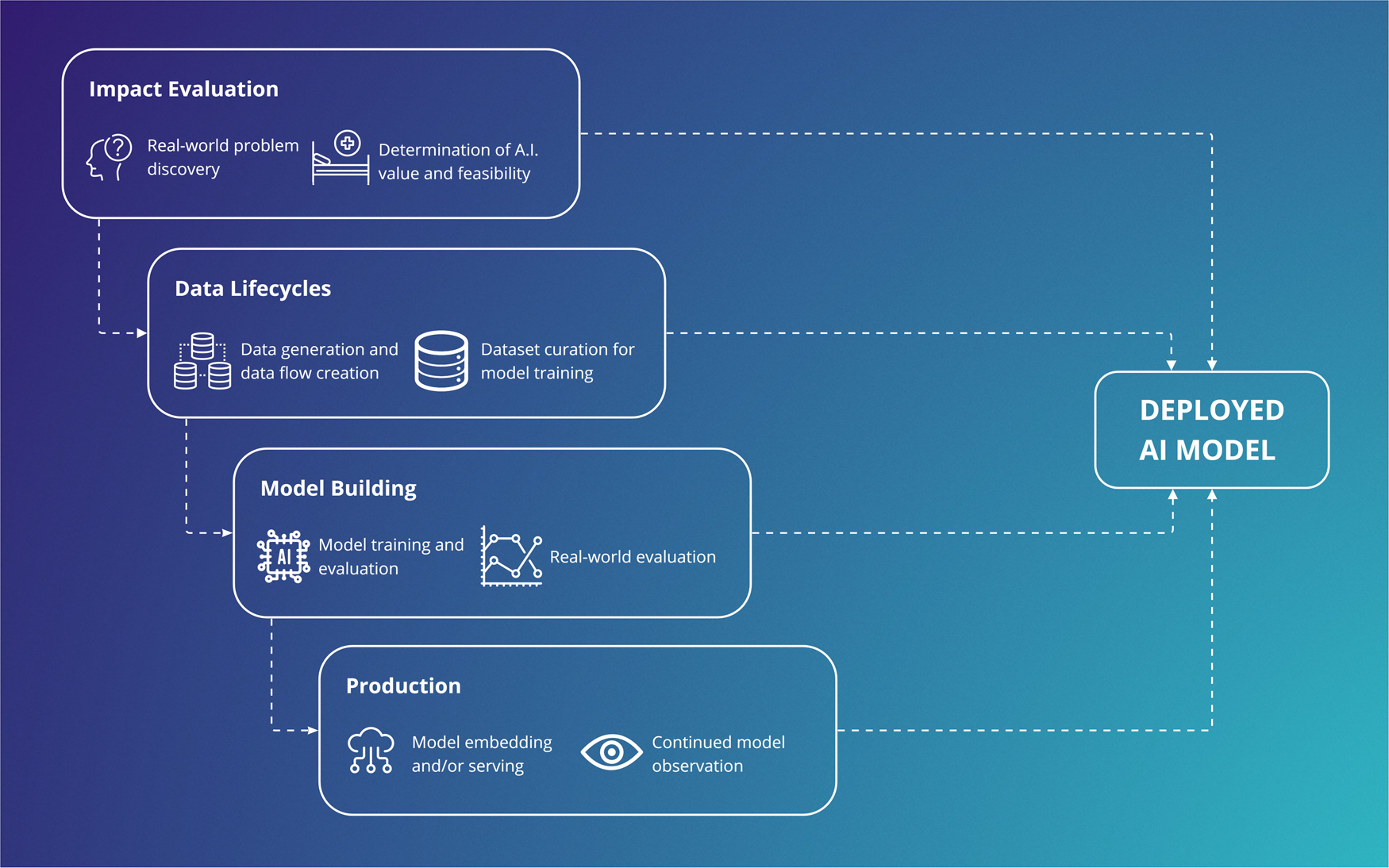Vertical AI Market Projected to Surge to $115 Billion by 2034, Driven by Specialized Solutions

Luke Sophinos, a prominent vertical software founder, operator, and investor, recently asserted that "Vertical AI will create the next hundred billion-dollar companies." His statement, shared via a tweet, underscores a growing industry conviction that specialized artificial intelligence tools, rather than broad-based applications, represent the most significant opportunity for future growth and value creation. Sophinos highlighted areas such as healthcare AI for doctors, construction AI for contractors, and legal AI for law firms, emphasizing that "Specificity wins."
Vertical AI refers to artificial intelligence technologies meticulously designed and tailored for specific industries or sectors, contrasting with horizontal AI, which offers general-purpose solutions applicable across various fields. This strategic shift towards niche-specific solutions is gaining momentum as businesses seek deeper insights and enhanced operational efficiencies that generic AI tools often cannot provide. The focus is on addressing the unique challenges and data contexts inherent to particular markets.
The global Vertical AI market is experiencing robust expansion, with projections indicating a substantial increase from USD 12.9 billion in 2024 to an estimated USD 115.4 billion by 2034, reflecting a compound annual growth rate (CAGR) of 24.5%. North America currently leads this market, holding a dominant 37.1% share in 2024, with the U.S. market alone valued at USD 3.8 billion. Key sectors driving this growth include Banking, Financial Services, and Insurance (BFSI), healthcare, and manufacturing, all of which are rapidly adopting vertical AI to leverage deep learning and machine learning for tasks ranging from fraud detection to personalized medicine.
The rationale behind the ascendancy of Vertical AI lies in its ability to provide precise and effective solutions deeply integrated into industry-specific operational and regulatory frameworks. Sophinos's belief that "Specificity wins" is echoed by market trends showing that industry-specific big data availability, the demand for improved operational efficiency, and continuous technological advancements are key drivers. These specialized AI applications can automate high-cost, repetitive tasks and unlock new functions within verticals previously underserved by general software.
While the integration of these advanced technologies presents challenges related to complexity and user trust, the clear benefits in automation, data analysis, and decision-making are propelling widespread adoption. The market's trajectory suggests a future where AI solutions are increasingly embedded within the core workflows of diverse industries, creating significant competitive advantages for early adopters and specialized providers.